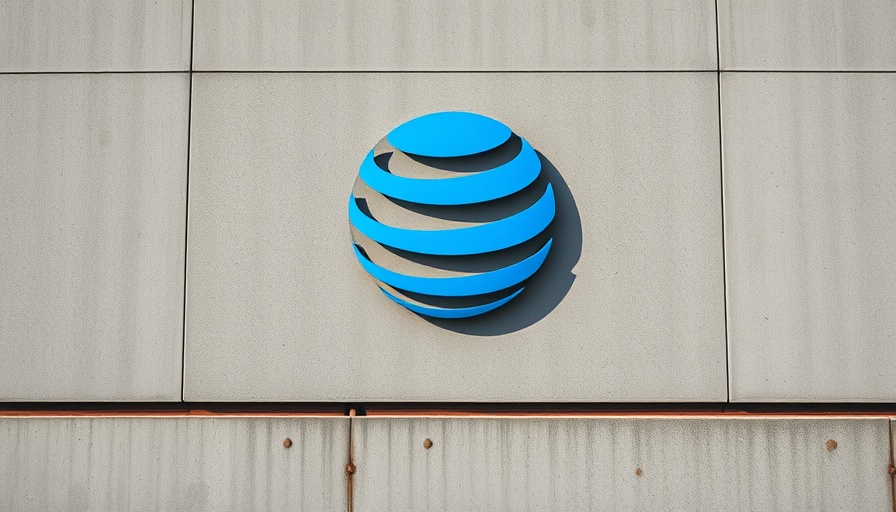
AT&T's Bold Move: Ending Service Instead of Discounted Plans
In a surprising turn of events, AT&T has decided to withdraw its 5G home internet service from New York rather than comply with the newly enacted Affordable Broadband Act, which mandates that internet service providers (ISPs) offer affordable plans to low-income households. This law, aimed at improving connectivity for economically disadvantaged residents, went into effect on the same day AT&T announced the cessation of its services in the state.
What's Behind AT&T's Decision?
New York's law requires ISPs with over 20,000 customers to provide two discounted broadband plans—$15 for speeds of at least 25 Mbps and $20 for speeds up to 200 Mbps. Notably, the program targets households eligible for social benefits, like the National School Lunch Program or Medicaid. AT&T’s dismissal of this requirement raises questions about the company's commitment to serving low-income communities. With approximately 1.7 million households in New York receiving SNAP benefits, the potential impact of accessible broadband could be significant for these communities.
AT&T's Financial Justifications: Examining the Claims
In a statement, AT&T cited the regulations as harmful to its investment prospects in New York, claiming they render it uneconomical to expand broadband infrastructure. However, critics argue that the decision seems disproportionate. Notably, the service AT&T is halting is primarily an Internet Air service launched in 2023, intended for rural users, indicating that the move might not affect their overall profitability as dramatically as claimed.
Digital Redlining: The Larger Beacon of Disparity
This is not the first time AT&T has faced the heat for what has been dubbed ‘digital redlining’—the practice of intentionally withholding service from economically disadvantaged areas. Previous accusations suggest that AT&T’s withdrawal could be rooted in a systematic neglect of lower-income neighborhoods, which suffer most from inadequate internet access. The company’s choice here might exacerbate inequities in digital connectivity.
Impact on Current Subscribers
For New Yorkers already relying on AT&T Internet Air, the company has initiated a 45-day grace period where they can access free service to seek alternatives. While AT&T will maintain some offerings, including 5G cellular plans—which are exempt from state discount laws—it raises an important question: how will this decision affect loyal customers who were counting on affordable internet solutions?
The Path Forward: Bridging the Digital Divide
The state of New York’s aggressive push for affordable internet is a pivotal step in bridging the digital divide. As companies like AT&T grapple with compliance, it’s vital to look toward legislative solutions that prioritize service over corporate profits. Practical steps towards ensuring equitable access to broadband can empower marginalized communities and promote inclusivity.
As AT&T moves to withdraw service rather than compromise on new legislative requirements, the question remains: what will it take for ISPs to recognize their responsibility to all communities, especially those often left behind?
 Add Row
Add Row  Add
Add 

 Add Row
Add Row 


 Add Element
Add Element 

Write A Comment